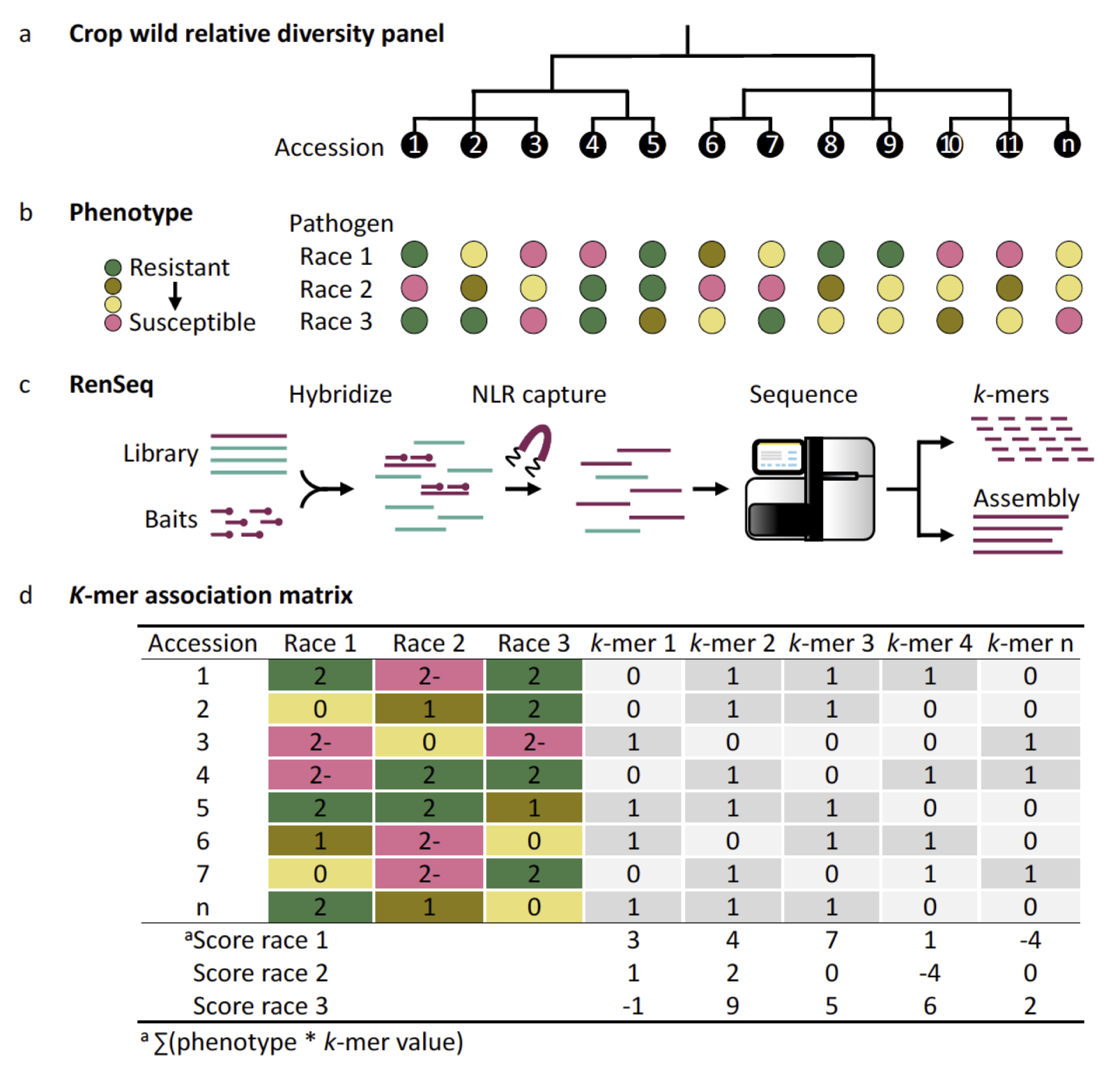In a recent article on "ScienceDaily," a new technique was discussed that has the potential to change disease-resistant genes in our crops. This new method, named "AgRenSeq", involves the extraction of the disease-resistant genes from wild plants and transfers them over into our domesticated crops. Scientists at the John Innes Centre in Britain, developed this gene technology when working together with other scientists from Australia and the United States. Their collaborative research has allowed the creation of a search library for resistant genes in wild plants. Scientists can quickly scan through the library and identify the disease fighting sequences. They can also clone these genes and use them to protect crops against pathogens and pests. This research is so advanced and detailed that the disease-resistant genes can be cloned in just a few months for a couple thousand dollars. This new method can drastically benefit our environment as it speeds up the fight against pathogens in crops such as wheat, soybean, maize, rice, and potato. The breeding of more resilient crops is a very time consuming process however, it will in the long run create crops of higher yield that have more desirable agronomic traits.
I found this article very interesting because this research has the potential to really change our agricultural economy for the better. This new method can increase the crop yield and make them disease resistant at the same time. With the population size of humans increasing so much every year, the increased amount of crop yield will be very beneficial.

No comments:
Post a Comment